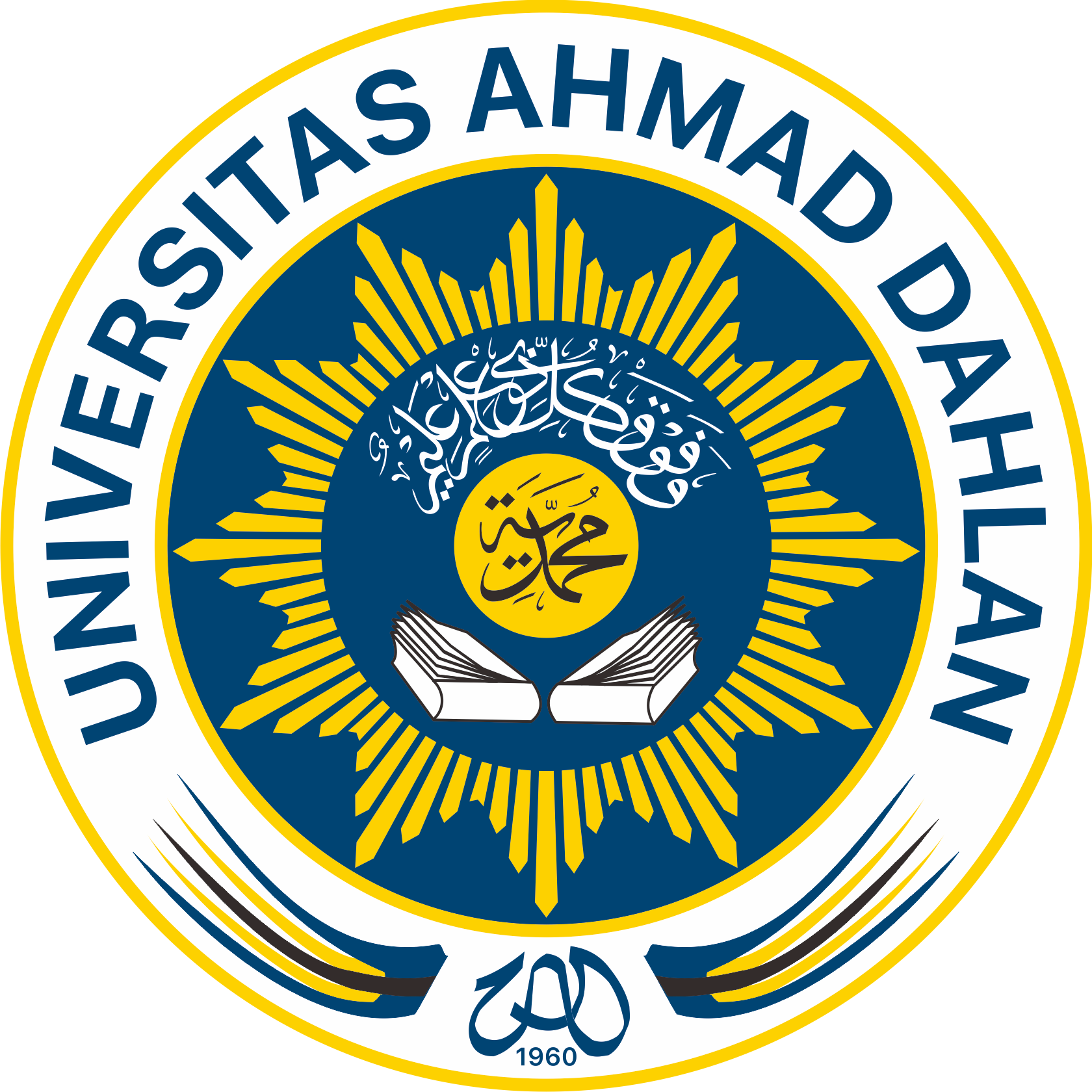The Convergence of Crowd Funding and Zakat System in India: An Integrated Approach for Human Welfare
DOI:
https://doi.org/10.12928/ijiefb.v3i1.1879Keywords:
Zakat welfare, Circularity, Crowdfunding, IndiaAbstract
The impact of the Zakat system on human welfare is well established. In India, there is a significant development in terms of localised management of zakat system. However, the targeted delivery of zakat funds, unorganised collections and lack of transparency remain a matter of concern. There is no formal institutional mechanism for efficient Zakat distribution, and problems of circularity are at mostly affecting the progress of welfare mechanisms. Problems of circularity of Zakat funds are still, largely, incoherent and practically disconnected with the mechanics of philanthropic institutions. In our theoretical model, crowdfunding for welfare scheme is being treated as the determinant, which could mediate and alter the performance of zakat welfare. Further, make it more accessible and catering to more comprehensive economic benefits for the community. In this exploratory theoretical paper, we also examine the nature of a common platform for the Zakat distribution. In addition to this, how it could reduce the scrutiny of Government intervention and proper channelisation of Islamic philanthropic activities. Â
References
Al Jaffri Saad, R., & Haniffa, R. (2014). Determinants of zakah (Islamic tax) compliance behavior. Journal of Islamic Accounting and Business Research, 5(2), 182-193.
Asher, S., Novosad, P., & Rafkin, C. (2018). Intergenerational Mobility in India: Estimates from New Methodsand Administrative Data. World Bank Working Paper. Available at: http://www. dartmouth. edu/~ novosad/anr-india-mobility. pdf (accessed December 2018)
Azam, M., Iqbal, N., & Tayyab, M. (2014). Zakat and economic development: Micro and macro level evidence from Pakistan. Bulletin of Business and Economics, 3(2), 85-95.
GOI (2011). Census of India 2011.Registrar General and Census Commissioner of India, Ministry of Home Affairs, New Delhi, India
GOI (2011-2012). National Sample Survey Office – NSSO- 68 th round, Ministry of Statistics & Programme Implementation, New Delhi, India
Hafidhuddin, D., & Beik, I. S. (2019). Zakat Development: The Indonesia’s Experience. Al-Infaq: Jurnal Ekonomi Islam, 1(1).
IAMAI. (n.d.). from https://www.iamai.in/
Lessy, Z. (2009). Zakat (alms-giving) management in Indonesia: Whose job should it be?. La_Riba, 3(1), 106-119.
Malik, B. A. (2016). Philanthropy in Practice: Role of Zakat in the Realization of Justice and Economic Growth. International Journal of Zakat, 1(1), 64-77.
Secretariat, C. (2006). Social, Economic and Educational Status of the Muslim Community of India. Development Economics Working Papers
Shirazi, N. S. (1994). An Analysis of Pakistan’s Poverty Problem and Its Alleviation through Infaq. PhD Dissertation. International Islamic University, Islamabad.
Suhaib, A. Q. (2009). Contribution of Zakat in the Social Development of Pakistan. Pakistan Journal of Social Sciences (PJSS), 29(2).
Zeb, A., & Zaman, G. (2014). Assessing the Role of Zakat as a Social Safety Net and problems faced by Zakat Recipients in receiving Zakat Assistance in Pakistan. Abasyn University Journal of Social Sciences, 7(1).
Downloads
Published
Issue
Section
License
License and Copyright Agreement
In submitting the manuscript to the journal, the authors certify that:
- They are authorized by their co-authors to enter into these arrangements.
- The work described has not been formally published before, except in the form of an abstract or as part of a published lecture, review, thesis, or overlay journal. Please also carefully read Ihtifaz, Journal of Islamic Economics, Finance, and Banking Posting Your Article Policy at http://journal2.uad.ac.id/index.php/ijiefb/about/submissions#onlineSubmissions
- That it is not under consideration for publication elsewhere,
- That its publication has been approved by all the author(s) and by the responsible authorities “tacitly or explicitly“ of the institutes where the work has been carried out.
- They secure the right to reproduce any material that has already been published or copyrighted elsewhere.
- They agree to the following license and copyright agreement.
Copyright
Authors who publish with Ihtifaz, Journal of Islamic Economics, Finance, and Banking agree to the following terms:
- Authors retain copyright and grant the journal right of first publication with the work simultaneously licensed under a Creative Commons Attribution License (CC BY-SA 4.0) that allows others to share the work with an acknowledgment of the work's authorship and initial publication in this journal.
- Authors are able to enter into separate, additional contractual arrangements for the non-exclusive distribution of the journal's published version of the work (e.g., post it to an institutional repository or publish it in a book), with an acknowledgment of its initial publication in this journal.
- Authors are permitted and encouraged to post their work online (e.g., in institutional repositories or on their website) prior to and during the submission process, as it can lead to productive exchanges, as well as earlier and greater citation of published work.
_1.png)


